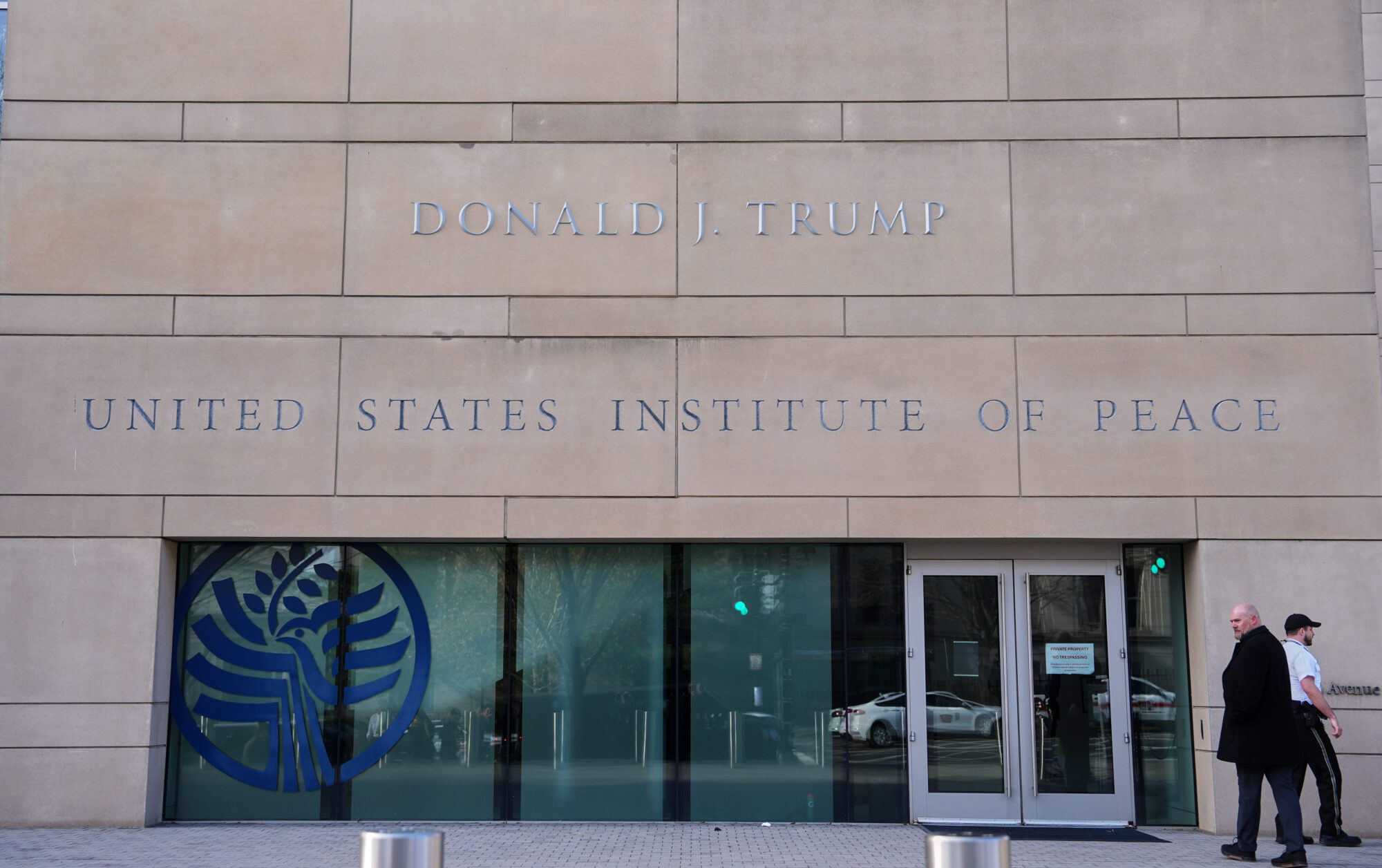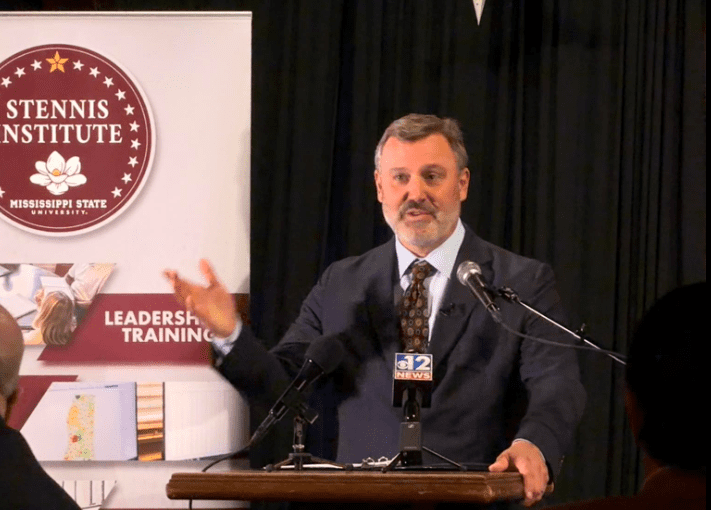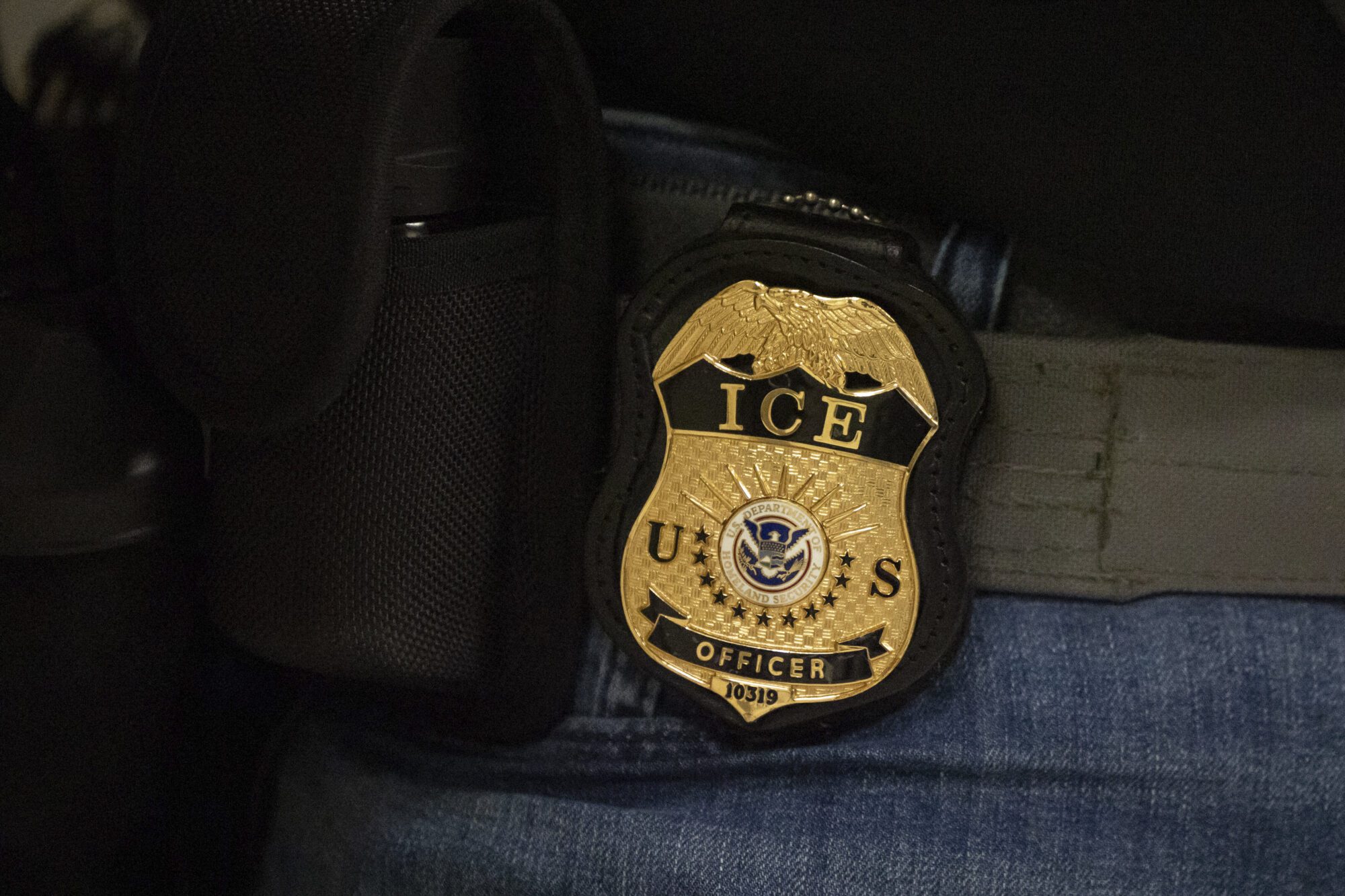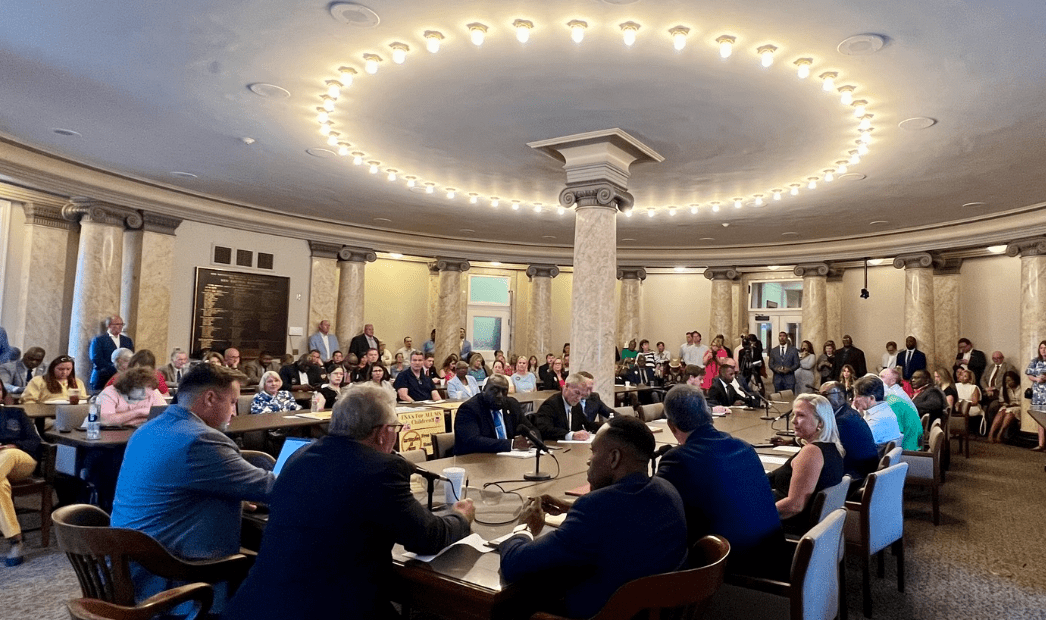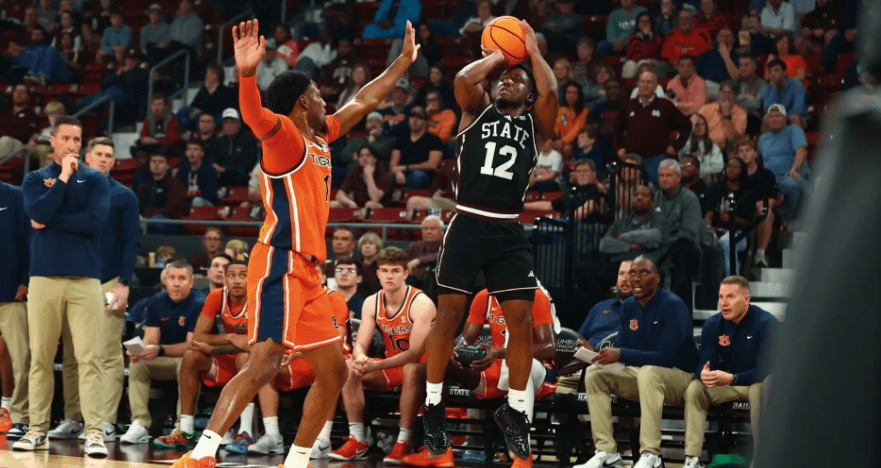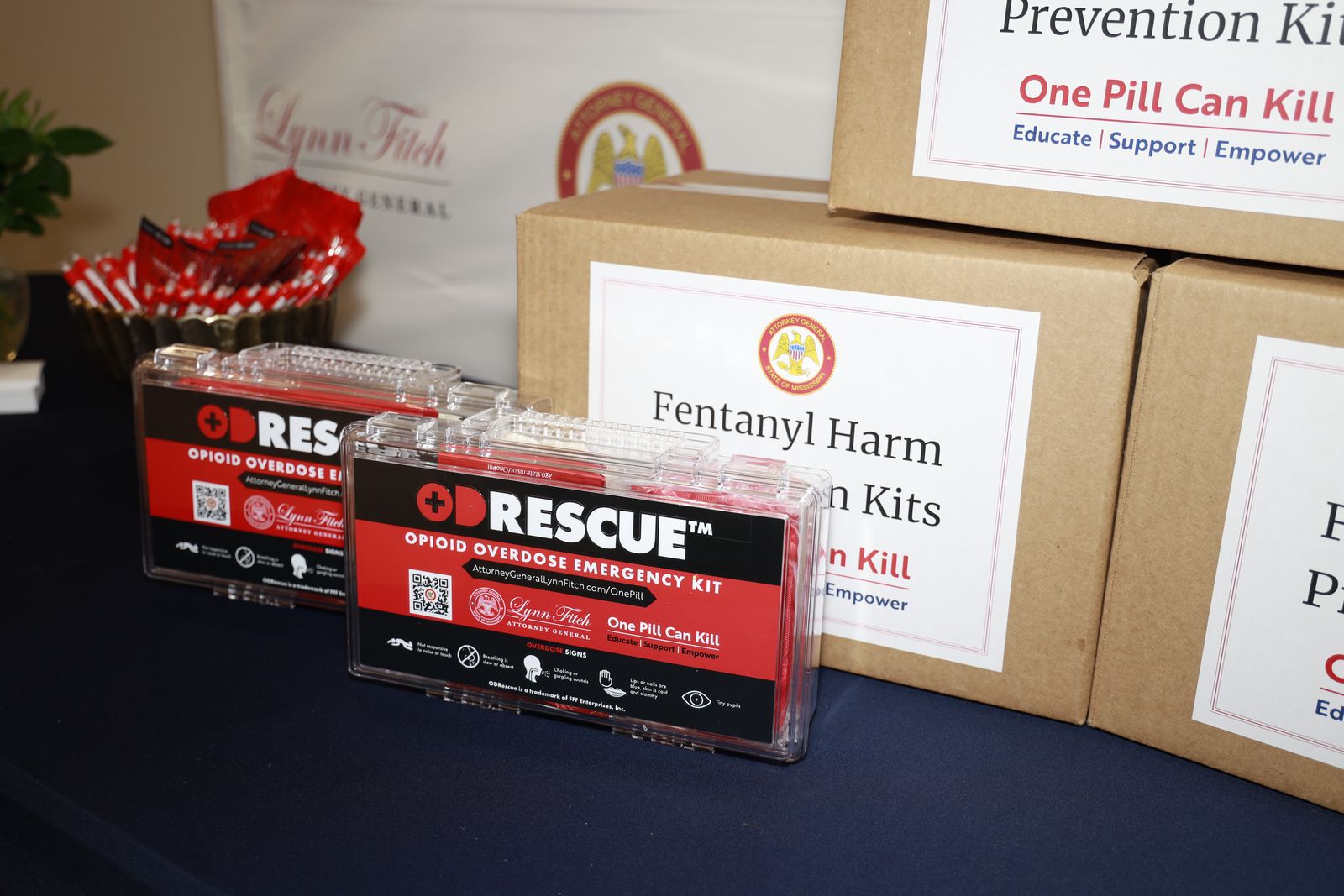
(Photo from the Mississippi AG's office)
- Attorney General Lynn Fitch and Jackson Mayor John Horhn also speak briefly on use of opioid settlement funds.
Mississippi Attorney General Lynn Fitch (R) delivered overdose boxes to the City of Jackson on Monday morning in an effort to save the lives of residents who mistakenly took drugs laced with deadly fentanyl.
Fitch said a few grains of fentanyl is deadlier than heroin.
“It’s real, it’s here,” she said. “We must fight it together.”
Jackson Mayor John Horhn (D) said he was grateful for the 30 or so boxes, which will be on every municipal fire truck.
“By equipping our first responders with the tools and training needed to save lives, we are taking proactive steps to protect our residents,” Horhn said.
The gift is part of Fitch’s “One Pill Can Kill” public awareness campaign. Inside the kits are naloxone and fentanyl test strips.
The distribution of supplies comes at a critical moment, Horhn’s office said.
In 2024, Mississippi saw a 39 percent decrease in overdose deaths, largely due to the availability test strips and naloxone. Fitch and Horhn said kits are vital in battling the fentanyl crisis “head on.”
Jackson is not the first municipality to receive overdose boxes.
One of the most common complaints from EMS and emergency room personnel is that some people are continuing to use drugs, knowing that naloxone will bring them back from near death.
Jackson officials said the goal of this program is to help people, not penalize them for usage. In the capital city, unlike most places, after a person receives naloxone, they are not required to be sent to the emergency room.
The state is slated to receive nearly $375 million in a national opioid settlement. So far, Jackson has received about $500,000 in settlement funds, but the money has gone towards other projects.
When asked if Jackson’s future funding will go towards similar drug programs, Horhn said no.
“Future funds will go towards violence reduction programs,” he said during a press conference.
As for the roughly $124 million the state has thus far received for the multi-year payout, Fitch said applications are under review for the 2025-2026 grant program through the Opioid Settlement Fund Advisory Council.
